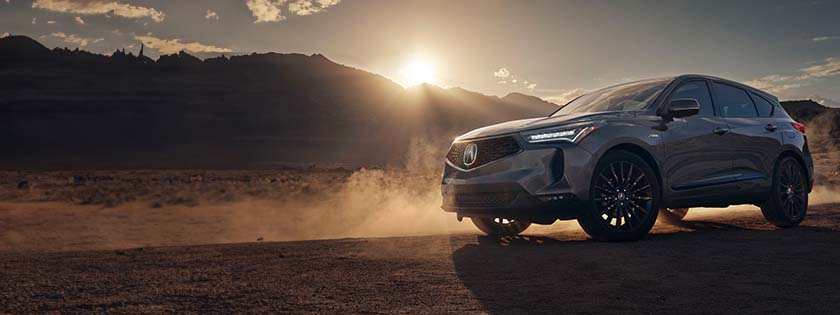Quotas Are King
Most shoppers understand that salespeople usually have monthly goals to hit, and some savvy shoppers leverage this information to get a better deal. Hence the shopping advice about visiting a dealership toward the end of the month, when salespeople are trying to hit their numbers.
What's often overlooked is the dealership's quotas. I can't count the number of times I've seen dealership quotas force management to make deals that simply wouldn't fly under regular conditions.
Take the following scenario: A big carmaker runs a program to sell off the inventory of a certain model. To nudge dealerships, the carmaker gives an extra "spiff," or incentive, to the dealer each time it sells a particular model. It may be set up like this, which is what the car industry calls a stair-step program:
Vehicles 1-25: $500 retroactive incentive payment per vehicle
Vehicles 26-40: $750 retroactive incentive payment per vehicle, with a maximum payout of $30,000
Vehicles 41-75: $1,000 retroactive incentive payment per vehicle, with a maximum payout of $75,000
Vehicle 76 and above: $1,500 retroactive incentive payment per vehicle, with a minimum payout of $114,000
If you're a sales manager who's stuck on deal No. 73, making those last three deals to hit the top tier can be the difference between getting a bonus check of somewhere around $75,000 and a bonus that's well north of $100,000 in dealer incentive money.
With numbers like that on the line, it's easy to imagine that a dealership would pull out all the stops to hit the top number, including selling cars with deep, deep discounts. In the car dealership, we'd call this "buying a deal."



 by
by 


